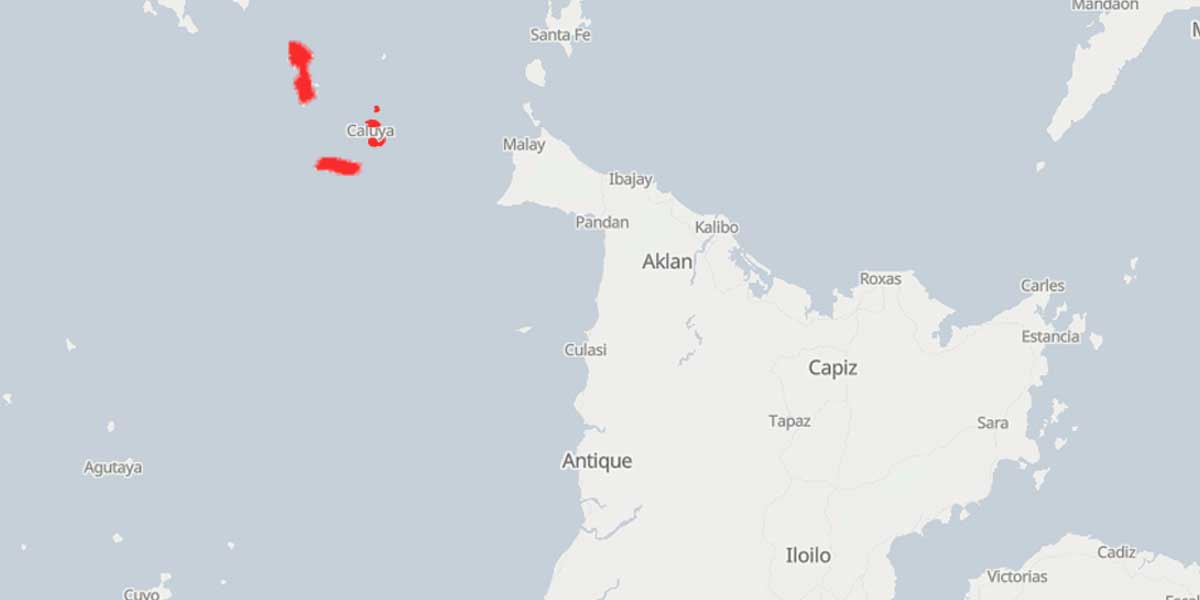![]() By: Reyshimar Arguelles
By: Reyshimar Arguelles
There is a thin line separating peace and madness in the Middle East. With the United States as the unofficial steward of this line, conflict in this region is unavoidable and almost perpetual. So, why should we be irked by the fact that a warmongering nation is doing exactly what warmongering nations do best?
Several Gulf Wars, coups, regime changes, and occasional bouts of sectarian and political instability come off as facts of life to the armchair observer who believes in the impossibility of lasting peace in a region that has always functioned as a playground for empires old and new.
To describe the problem with Iran as a powder keg that was bound to explode is an understatement. From the start, the U.S. has not for once executed a perfect policy for treating what used to be an ally against the spread of communism. Ever since the 1979 Iranian Revolution that saw the dethronement of the U.S.-backed Pahlavi dynasty and the subsequent installation of an Islamic Republic under Ayatollah Khomeini, the U.S. is concerned only with keeping its influence intact.
When Iraq invaded Iran in 1980, the U.S. capitalized on this conflict when the Reagan administration facilitated the sale of missiles to the Iranian government to fund support for Contra rebels fighting the socialist Sandinista government in Nicaragua.
What was supposed to be a deal for the release of American hostages turned out to be an illegal backdoor operation that rightly describes U.S. foreign policy. It seems as if the country plays darts with a blindfold on, only that it’s throwing at the opposite direction.
There have been positive developments no doubt, such as the implementation of a comprehensive plan that would have reduced Iran’s capacity to develop nuclear weapons, a move which the current Trump administration considers as an act of appeasement.
There is no guarantee of “peace in our time,” especially when the world’s policeman is being led by a draft-dodging Wall Street slob who thinks that corporate doctrines can work just as well in international politics. He must be thinking that the deaths of thousands of civilians and armed forces personnel are necessary for securing a greater ROI.
We should have seen this coming from a mile away. It would have been naïve to think that Trump wouldn’t do anything brash and desperate. But why should anyone be concerned with the threat of World War III when we’re assured of American military superiority?
Following a drone strike that resulted in the death of Qassem Soleimani, the head of Iran’s elite Quds Force, the outpouring of support for the Trump administration affirms the country’s commitment to perpetual warfare. Central to this is the belief in American invincibility that makes both the Republicans and Democrats uphold the country’s ambition for global dominance.
What’s concerning, however, is the lack of any compelling justification for killing Soleimani, who had a direct hand in Iran’s participation in the Syrian Civil War and the containment of the Islamic State. In addition, Iran’s appalling human rights record isn’t enough to court a massive loss of life.
Whether or not there are verified reports of an imminent threat from Iran, the Trump administration should have considered all possible options in defusing a ticking time bomb. Then again, the U.S. chose the path to perdition by creating yet another crisis and keeping the wheels of vengeance turning, like what the second Bush administration did when it invaded Iraq and what Obama did when he decided to send combat troops back to the same country five years after he pulled them out.
The killing of Soleimani is only a demonstration of what the U.S. is capable of when things don’t go its way. With the drone program that was set into motion by Obama, the Trump administration already has access to a vast arsenal of weapons for provoking countries that lack the needed resources to attack such a behemoth as the U.S.
It is unlikely that any form of reprisal by Iran could spark another global conflict. But what’s certain is how fortunes can change in just a snap of a finger. From the looks of it, the U.S. has dug a deep enough hole from which escape is near impossible.
If only people could look at this crisis as an opportunity to admonish the U.S. for its blatant muscle flexing, before it’s too late.

























